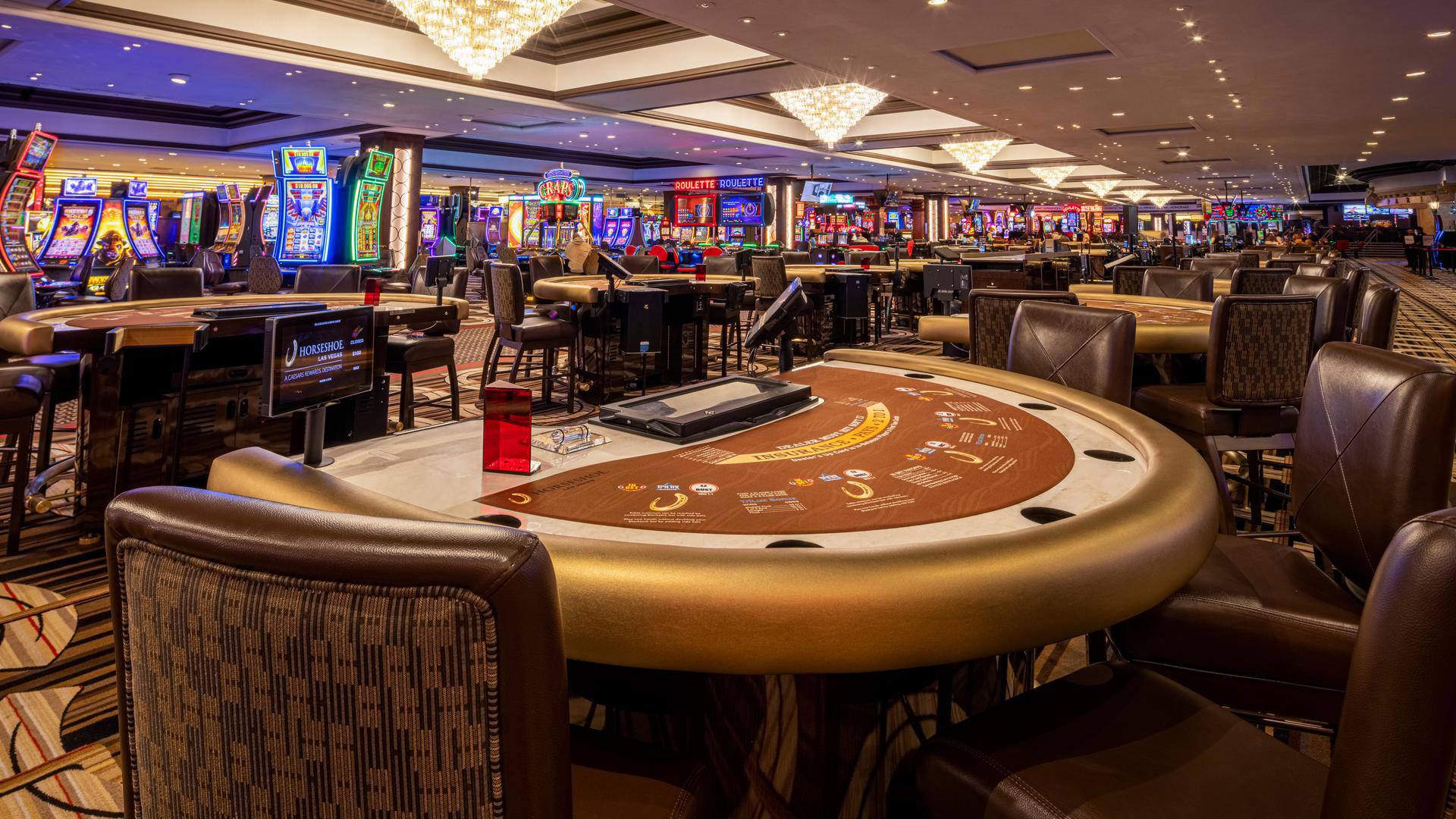In the dynamic world of betting, gaming games have long captured the attention of participants around the planet. These activities, spanning traditional card options like Texas Hold’em to the spinning reels of slot machines, offer an fascinating combination of randomness and strategy. While fortune undeniably plays a significant role in influencing outcomes, the significance of knowledge in many gambling games cannot be ignored. Understanding how skill influences the game can improve not only a participant’s enjoyment but also their likelihood of achievement.
As we delve deeper the mechanics of gambling options, it becomes evident that some need a strong foundation of wisdom and planning. Games like poker require more than mere luck; they demand analytical thinking, emotional insight, and calculated decision-making. In contrast, other games, such as the roulette wheel and slots, are primarily driven by randomness, allowing gamblers to rely entirely on random chance. This difference raises fascinating questions about what genuinely drives success in the world of gambling and how a gambler’s competences can tip the scales in their favor.
Grasping Skill vs. Chance within Gambling Activities
Within the sphere of casino games, the debate between skill and luck is a enduring one. Many games are frequently divided into two groups: those that rely predominantly on chance, such as slot machines and roulette, and those where skill plays a crucial role, like poker and 21. The distinction is important because it affects not only gameplay strategies but also the approach players take when participating with these games. While luck can play a decisive role in the short term, skilled players can boost their odds of winning over the long run in skill-based games.
Skill-based games, especially poker, demand players to comprehend probability, psychology, and game theory. A seasoned poker player can analyze opponents, make strategic bets, and know when to fold, all of which can lead to more favorable outcomes. On the other hand, in games that are purely based on chance, no amount of skill can alter the odds. This means that while a player may win big in one session, their success may frequently be subject to the whims of random outcomes rather than any strategic expertise.
Ultimately, both skill and luck exist together in the world of casino games, creating a vibrant environment for players. Although games of chance can provide excitement and instant gratification, mastery and strategy in skill-based games offer a richer level of engagement for those willing to dedicate time in honing their craft. This interaction between skill and luck defines the experiences of players and influences their connection with the games they select to play.
The Impact of Expertise on Game Outcomes
In the realm of casino games, ability plays a key role in determining the outcomes, especially in activities where tactics and choices are essential. For example, in poker, players must examine opponents, calculate probabilities, and make strategic bets to enhance their odds of succeeding. Unlike activities that depend purely on chance, such as slots or roulette, poker demands an understanding of both the game mechanics and the psychology of other participants, making expertise a vital component of victory.
Other skill-based activities, like the game of blackjack, also emphasize the importance of player expertise. Understanding of basic tactics, card counting, and when to hit or stand can significantly influence the casino advantage. A proficient 21 player can lower this edge and improve their chances of winning significantly. This contrasts sharply with games that do not allow for such tactical play, demonstrating how the level of skill influences the possibility for positive results.
Additionally, even within games deemed primarily chance-driven, like craps, the decisions made by gamblers can influence their overall performance. Tin bóng đá Choosing the right bets, comprehending the likelihoods of different results, and controlling one’s funds are essential aspects that can enhance a player’s experience and results. Thus, while chance remains a factor in casino games, skill can substantially affect how efficiently players navigate these environments, leading to more favorable results.
Tactics for Skillful Play in Gaming Establishments
To succeed in gambling games, players must develop a solid grasp of the rules and odds involved in every game. This essential knowledge enables individuals to make wise choices, especially in skill-based games like poker and blackjack. Becoming acquainted oneself with game tactics, such as card counting in 21 or recognizing wagering trends in poker, can significantly enhance a player’s chances of success. Practicing these strategies through practice games or low-risk games allows players to refine their skills without risking substantial amounts of money at stake.

Another key approach is budgeting. Players should create a budget before going into the gaming establishment and adhere to it strictly. This involves deciding how much they are willing to lose and setting limits on how much they will bet in each session. By keeping a controlled approach to spending, players can sustain their play and reduce the chance of significant losses. Additionally, taking breaks can help maintain a clear mind and prevent rash decisions that often lead to poor play.
Finally, emotional control is crucial in the intense environment of a gambling house. Players must be adept at controlling their emotions, particularly during times of success or defeats streaks. Staying attentive and not allowing emotions influence gameplay can lead to more rational decisions. Methods such as taking deep breaths or walking away from the gaming table during intense moments can help maintain calmness. By cultivating a steady state of mind, players can approach casino games with confidence and skill, ultimately improving their complete gaming experience and results.